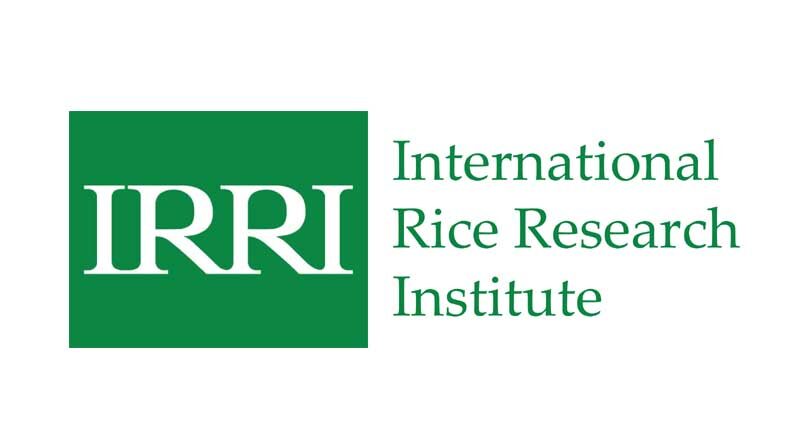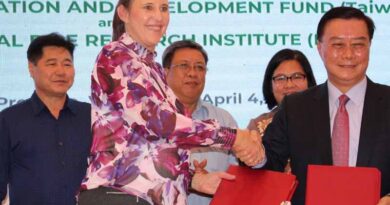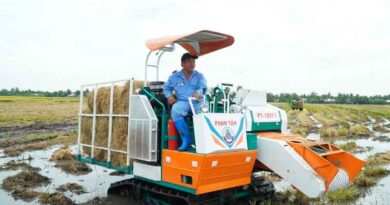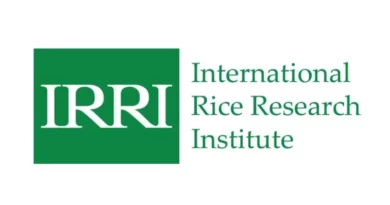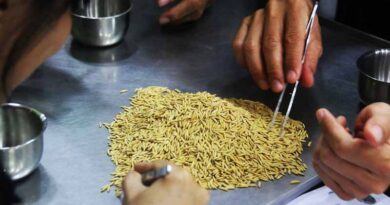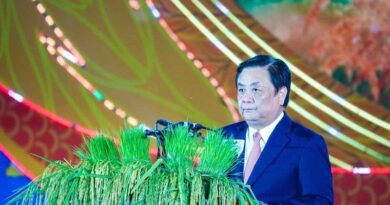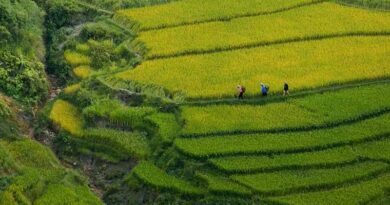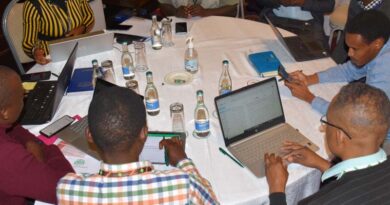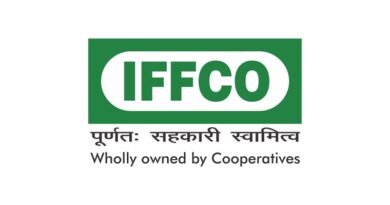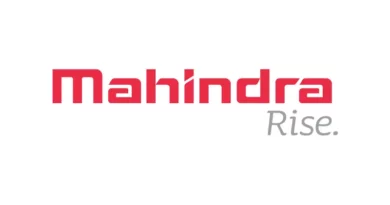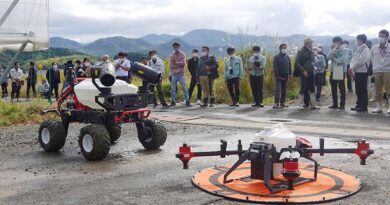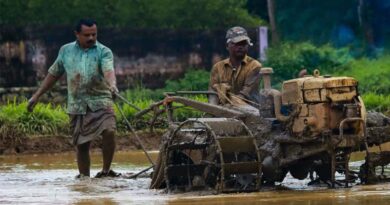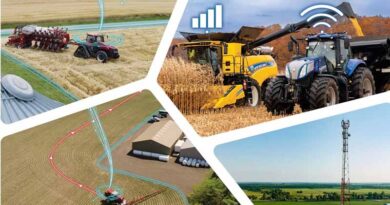Mainstreaming rice straw circular economy in Vietnam
29 September 2022, Vietnam: To promote rice straw circular economy in Vietnam, the international Rice Research Institute (IRRI), together with the Can Tho Department of Agriculture and Rural Development (DARD), conducted a training workshop on developing and demonstrating a mechanized rice straw composting business model in Can Tho City, Vietnam on 23 September 2022.
Supported by the CGIAR Initiative on Securing the Food Systems of Asian Mega-Deltas for Climate and Livelihood Resilience (AMD) and GIZ-funded Promotion of Sustainable Rice Straw Innovations (PINStraw), the event gathered almost 60 participants representing farmer groups, government agencies, extension offices, research organizations, and academic institutions to enhance their knowledge and awareness on mechanized rice straw composting through demonstration and training.
The event aimed to mainstream rice straw-based green circular economy supporting for low emission and organic rice farming. In his opening message, Mr. Tran Thai Nghiem, Vice Director of Can Tho DARD, shared that the current market value of rice is largely focus on its grains, while other parts such as straw just recently attract people’s interest. He stressed that “composting and mushroom farming using rice straw not only adds value to rice, but also reduces the carbon footprint from rice production.”
During the technology introduction and hands-on training, Dr. Nguyen Van Hung, IRRI’s Mechanization and Postharvest Team leader, shared to the participants the economic and environmental benefits of mechanized rice straw composting and business model development. He hoped that with the proven advantages of the technology, a large scale adoption of these practices and conversion to organic farming in the Mekong River Delta (MRD) will happen in the coming years.
In his conclusion and way forward, Mr. Le Thanh Tung, Deputy General Director of Vietnam’s Department of Crop Production, said that rice production provides farmers with much less profits compared to vegetable and fruit production. However, Mr. Tung believed that the added value, gained from reducing carbon footprint and making the production process more environmental-friendly, will increase the value and marketability of rice from MRD in specialized markets.
He emphasized that “our goal is not only to develop several demonstration models but also to remove 20 million tons of rice straw from the field for mushroom, cattle feed, and compost production.” He envisioned that there will be significant numbers of mechanized rice straw composting services and business models to be established in MRD, with the cooperatives participating in this project eventually leading the way.
(For Latest Agriculture News & Updates, follow Krishak Jagat on Google News)

